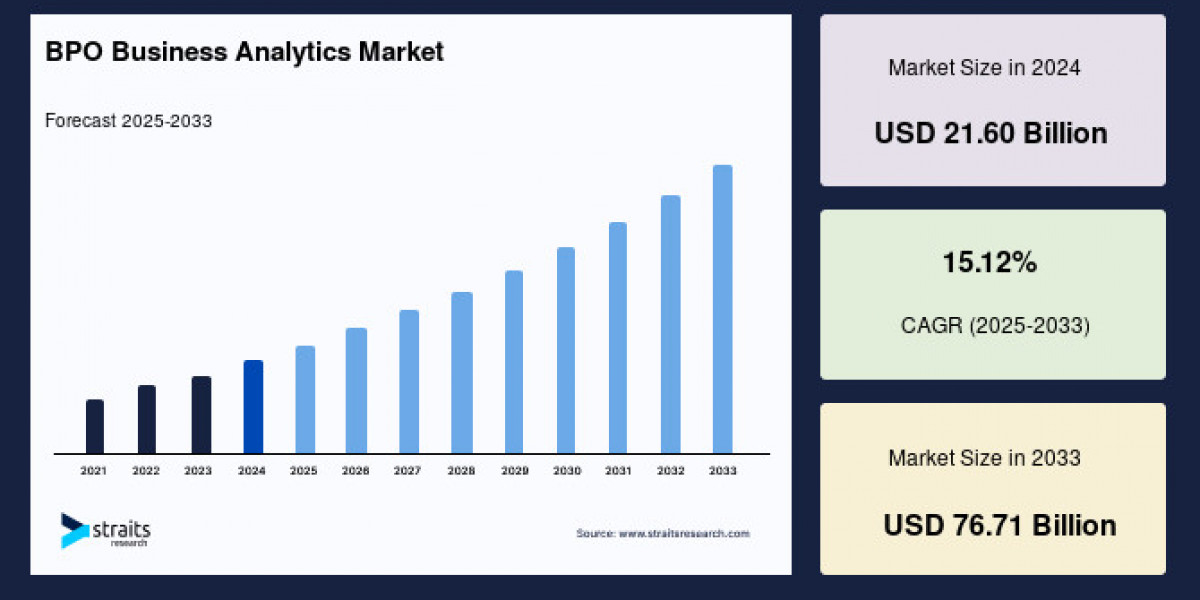Access to affordable financing remains one of the biggest challenges facing individuals and small businesses in Nigeria. Traditional banking systems often rely on high-interest rates, hidden fees, and strict eligibility criteria, which make it difficult for average Nigerians to get the funds they need. However, a quiet revolution is taking place across the country — one centered on interest-free or Islamic loans.
These loans are not just for Muslims; they represent a new model of ethical, transparent, and inclusive finance that benefits all Nigerians, regardless of faith. In this blog, we’ll explore how interest-free loans work, the leading institutions offering them, and why they are becoming a preferred choice for businesses and individuals seeking fair financial support.
Understanding Interest-Free Loans in Nigeria
An interest-free loan, sometimes referred to as a Shariah-compliant loan, operates without charging or paying interest (riba). Instead of earning profit through interest, Islamic financial institutions share risks and rewards with borrowers.
This system promotes fairness, discourages debt exploitation, and aligns with the ethical values of Islamic finance. But even beyond religion, the model has attracted wide acceptance due to its transparency and focus on community growth.
When you apply for such a loan, the bank or institution might offer funds through one of the following methods:
Murabaha (Cost-plus financing): The bank buys an asset and sells it to you at a profit agreed in advance.
Mudarabah (Profit-sharing): You provide effort, while the bank provides capital. Both share profit according to a set ratio.
Qard Hasan (Benevolent loan): A completely interest-free loan where the borrower repays only the principal amount.
Each of these models encourages real economic activity, rather than debt-based interest accumulation.
Why Nigeria Needs Interest-Free Finance
Nigeria’s economic landscape is dominated by micro, small, and medium enterprises (MSMEs). Yet, many of these businesses struggle with access to finance because of high lending rates and collateral requirements from traditional banks.
Interest-free loans solve this problem by offering inclusive and ethical funding options. They ensure that people with genuine business ideas or personal needs can receive financial help without falling into long-term debt traps.
Additionally, these loans promote financial discipline, social justice, and risk sharing, all of which are essential for a sustainable economic system.
Top Banks Offering Interest-Free Loans in Nigeria
Over the past few years, several financial institutions have introduced Shariah-compliant banking products to serve this growing market. Here are some of the most trusted and reliable ones:
1. Jaiz Bank
Jaiz Bank is Nigeria’s first fully-fledged Islamic bank. It offers a wide range of interest-free financial products, including personal financing, business support, and asset acquisition under Islamic principles.
Their microfinance initiatives have helped countless Nigerians access capital without the burden of interest.
2. TAJBank
TAJBank has quickly become one of Nigeria’s most innovative non-interest banks. It operates on strong ethical and Shariah principles, providing MSME loans, business financing, and home purchase schemes.
Their financing methods are transparent, customer-friendly, and tailored to promote financial inclusion.
3. Lotus Bank
Lotus Bank focuses heavily on empowering women, small businesses, and startups. Through their interest-free financing models, they’ve made entrepreneurship accessible to many who would otherwise be excluded from the financial system.
4. Alternative Finance Programs
In addition to these banks, Nigeria also has government-backed and NGO-based initiatives that offer interest-free or low-cost financing. Examples include:
NIRSAL Microfinance Bank (AGSMEIS Scheme) – provides zero-interest loans to small business owners under government support.
LAPO Microfinance Bank – while not fully Islamic, it has begun introducing ethical lending programs to reduce borrower exploitation.
How to Apply for Interest-Free Loans
Applying for these loans requires a few essential steps:
Select a non-interest bank that matches your needs (e.g., Jaiz, TAJBank, Lotus).
Prepare a business plan or purpose document outlining why you need the loan.
Meet the eligibility criteria, which may include valid ID, BVN, and business registration.
Submit your application online or at a branch.
Once approved, the bank disburses funds or purchases the needed asset on your behalf, depending on the financing model.
It’s important to maintain transparency throughout the process, as most interest-free loans involve profit-sharing or partnership-based structures.
Challenges and Opportunities Ahead
While the demand for non-interest financing in Nigeria is growing rapidly, there are still a few challenges:
Limited public awareness about Islamic finance principles.
Fewer branches of non-interest banks in rural areas.
Misconceptions that these loans are “religion-based” instead of “ethically driven.”
However, opportunities far outweigh the obstacles. With increasing support from the Central Bank of Nigeria (CBN) and global recognition of Islamic finance as a stable and ethical system, the future of interest-free loans in Nigeria looks promising.
A Better Financial Future for All Nigerians
Interest-free finance is not just about religion — it’s about justice, fairness, and inclusion. As more Nigerians embrace this system, they are contributing to a more sustainable and transparent financial future.
For those who want to explore the full details of available programs, banks, and application procedures, here’s a helpful, updated resource:
👉 Read the full guide on Interest Free Loans in Nigeria 2025–2026
It provides in-depth information on how to apply, eligibility requirements, and step-by-step procedures for both individuals and business owners.
Final Thoughts
The rise of interest-free banking in Nigeria marks the beginning of a new era — one that blends ethical values with modern finance. From helping small businesses grow to enabling families to buy homes without falling into debt, these loans represent hope for millions.
By choosing interest-free options, Nigerians can take control of their financial future, avoid unnecessary interest burdens, and support a more transparent, socially responsible economy.
If you’re serious about exploring a fairer way to finance your goals, now is the best time to learn, apply, and grow.







